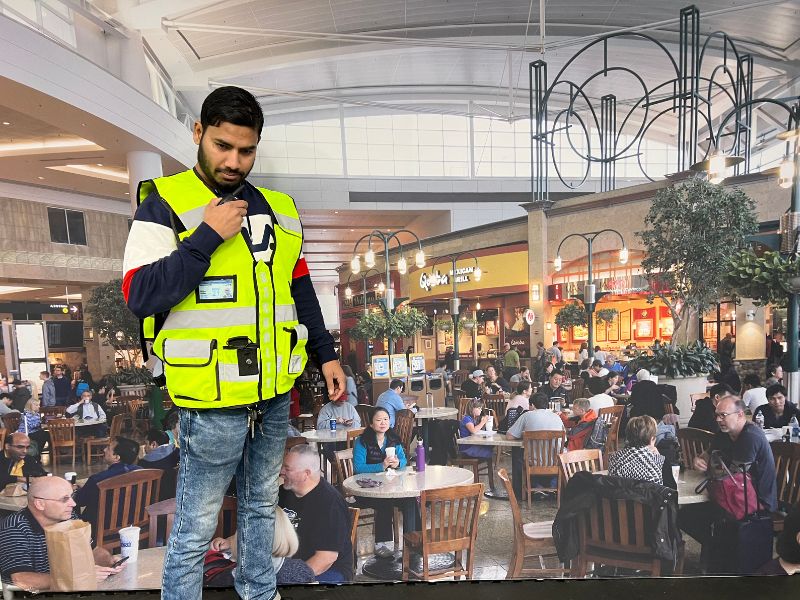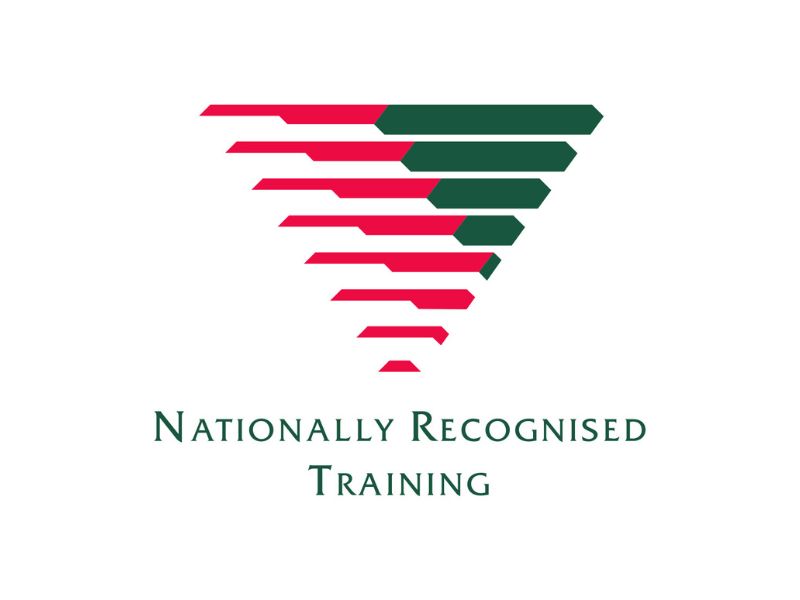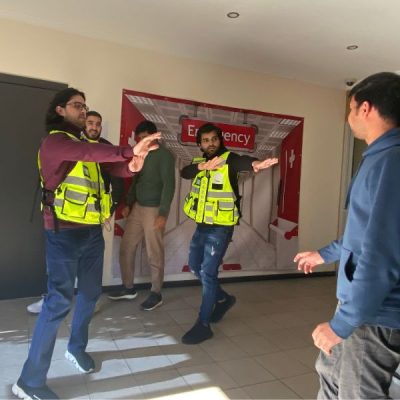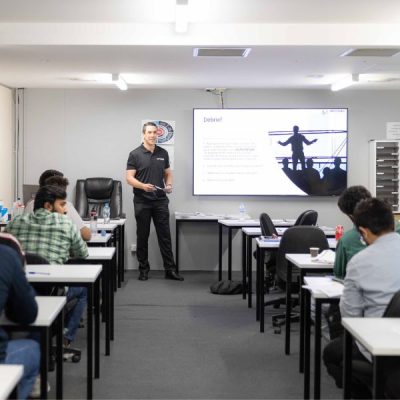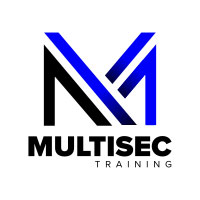In today’s fast-paced and bustling world, managing crowds has become an increasingly important task. Whether it’s at concerts, sporting events, protests, or other public gatherings, crowd controllers play a crucial role in ensuring the safety and smooth operation of these events.
If you’ve ever wondered what it takes to become a crowd controller, this blog post will provide you with an overview of the skills, qualities, and training necessary for this challenging yet rewarding profession.
Excellent Communication Skills
Effective communication lies at the heart of crowd control. Crowd controllers need to be able to convey instructions clearly and assertively to large groups of people. They must remain calm and composed, even in high-pressure situations, and have the ability to diffuse potential conflicts through verbal communication.
Physical Fitness and Stamina for Crowd Control
Crowd control often involves long hours of standing, walking, and maintaining a physical presence. Crowd controllers should possess good physical fitness and stamina to handle the demands of the job. They may need to intervene in potentially volatile situations, requiring physical strength and agility.
Observational Skills
Being able to assess and anticipate crowd behavior is a crucial skill for crowd controllers. They must be vigilant and attentive to the dynamics of the crowd, identifying signs of unrest, overcrowding, or potential hazards. Quick decision-making based on accurate observations can help prevent or mitigate incidents.
Conflict Resolution and De-escalation
Crowd controllers are often called upon to manage conflicts and maintain order. Possessing conflict resolution skills and the ability to de-escalate tense situations is essential. They should be trained in techniques that allow them to calm individuals or diffuse potentially dangerous scenarios without resorting to force.
Knowledge of Crowd Psychology
Understanding crowd psychology is vital for effective crowd control. Crowd controllers should be aware of how different factors, such as group dynamics, emotions, and environmental conditions, can influence the behavior of a crowd. This knowledge helps them make informed decisions and take appropriate measures to maintain order.
Crowd Controller Training and Certification
To become a crowd controller, formal training and certification is required. In NSW you will be required to have a Class 1A Security Licence. You will need to complete a CPP20218-Certificate II in Security Operations Course. This course typically covers areas such as crowd management techniques, legal responsibilities, first aid, emergency procedures, and conflict resolution. Completing this training programs demonstrates a commitment to professionalism and provides valuable knowledge and skills.
Patience and Professionalism
Patience is a virtue that crowd controllers must possess in abundance. Dealing with large crowds can be challenging, especially when faced with impatient or unruly individuals. Remaining calm, patient, and professional at all times is crucial for maintaining control and diffusing potentially volatile situations.
Becoming a crowd controller requires a unique set of skills, qualities, and training. It demands a combination of physical fitness, effective communication, conflict resolution abilities, and knowledge of crowd psychology. Professionalism, patience, and a commitment to public safety are also vital aspects of this role. By developing these attributes and obtaining the necessary training and certification, individuals can embark on a career as a crowd controller, contributing to the safe and successful management of various public events.
If this career choice is for you, enrol now at Multisec Training to become a Crowd Controller.
